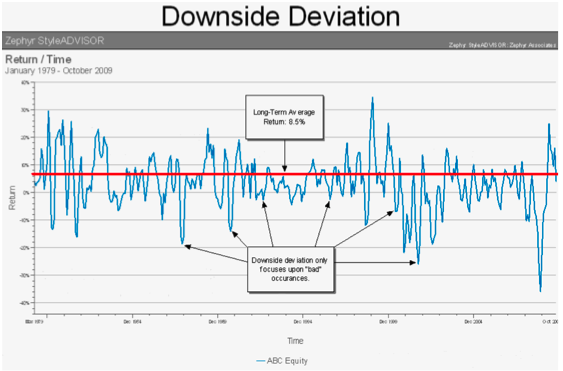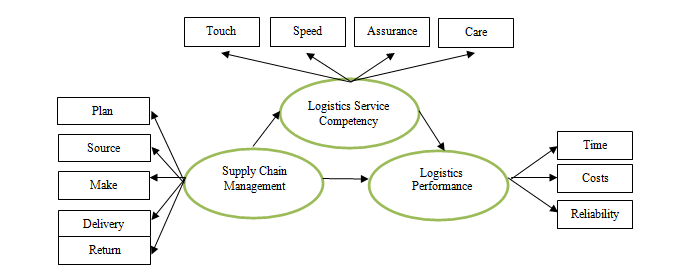
Generalists manage a wide range of HR tasks. They are responsible for balancing the needs both of the corporation and the individual employees. They must also keep up to date with the latest HR regulations. However, the role is not without its challenges. This article will discuss the main aspects of this job and the requirements to be successful in this field. We will also examine the education and salary requirements as well as offer some career options for those interested in entering this field.
Job description
The work day of an HR Generalist may differ from industry to industry. It will vary depending on the time of the year and where you are located. Every day begins with a cup or coffee. Next, you will set out your daily agenda. You may need to coordinate changes in employee benefit programs, attend meetings, or write documents. You might also be responsible to employee orientation.
The Generalist's other duties include managing performance appraisals. This is a recurring event where an HR professional and the manager sit down to evaluate the performance of an employee. These evaluations are a joint responsibility of HR and the business and will impact many decisions regarding an employee's future. While there may be specialists for larger organizations who can fill this role, HR Generalists should know the business functions and procedures of those who manage appraisals.

Education requirements
The education requirements of a generalist position in HR may vary depending on company and industry. Although a high degree of education may be required, employers prefer to see candidates with work experience. Not only should candidates have HR experience but they also need to know that many subjects offer transferable skills. People with backgrounds in accounting, finance, marketing or law might find it useful to get an MBA or Master's in Human Resources.
As Human Resources Generalists, they are expected be analytical and to have an understanding of key HR metrics. They may be required to train others on new systems. They should also be familiar with digital tools and technologies. This includes pre-assessment technology and recruitment technology. They should also be skilled in online collaboration and communication platforms. This will enable them to be effective advisors to their clients. Additionally, HR Generalists must be capable of handling confidential information.
Salary
The salary of a generalist in Human Resources varies depending upon where you are located and the industry. They oversee the day to-day operations and management of human resources offices. They supervise employee evaluations as well as develop and implement HR policies. They must be multi-taskers who can handle multiple projects at once. This includes managing and maintaining an organization's activities as well as hiring, firing, and managing employees. They are indispensable for any business, even small ones.
A Bachelor's degree in human resource management or another related field is required for HR generalists. They also need some experience. Many generalists have also completed internships that give them an understanding of the job as well as the duties. Generalist HR salaries vary depending on industry and job responsibility. The salary for generalist HR is lower for those who have a bachelor's or higher degree than those who have more experience. To be eligible for a good pay, HR generalists must have at least 2 years of experience.

Career path
Working as a generalist human resource (HR) professional will give you a greater range of experience. You can choose from a range of responsibilities within HR and the generalist position is more flexible than a specialist. You can work in many HR areas, but generalists have the potential to move up to a higher-ranking position, such a human resources director. An HR generalist requires a high level of organization and multi-tasking to excel in their job.
Generalist roles are a good choice if you're looking for a career in HR. As a generalist, you'll be in contact with all of the employees and be exposed to a variety of tasks. For larger companies, a team may be needed to solve specific problems and give more personal attention to employees. While it's likely that you'll work in an office environment, a generalist position may also allow you to enjoy the jet set life. This position will require you to travel a lot to attend job fairs or college campuses in order attract potential candidates.
FAQ
What are the 5 management processes?
Planning, execution, monitoring and review are the five stages of any business.
Setting goals for the future requires planning. Planning includes setting goals for the future.
Execution takes place when you actually implement the plans. They must be followed by all parties.
Monitoring is checking on progress towards achieving your objectives. Regular reviews should be done of your performance against targets or budgets.
Reviews take place at the end of each year. They allow for an assessment of whether all went well throughout the year. If not, changes may be made to improve the performance next time around.
After the annual review, evaluation takes place. It helps identify what worked well and what didn't. It also provides feedback on how well people performed.
What are some common management mistakes?
Managers sometimes make their own job harder than necessary.
They may not be able to delegate enough responsibility to staff or provide adequate support.
A majority of managers lack the communication skills needed to motivate their team and lead them.
Managers can set unrealistic expectations for their employees.
Some managers may try to solve every problem themselves instead of delegating responsibility to others.
How does a manager develop his/her management skills?
Through demonstrating good management skills at every opportunity
Managers must constantly monitor the performance of their subordinates.
You must quickly take action if your subordinate fails to perform.
You should be able to identify what needs improvement and how to improve things.
Statistics
- The BLS says that financial services jobs like banking are expected to grow 4% by 2030, about as fast as the national average. (wgu.edu)
- The profession is expected to grow 7% by 2028, a bit faster than the national average. (wgu.edu)
- UpCounsel accepts only the top 5 percent of lawyers on its site. (upcounsel.com)
- As of 2020, personal bankers or tellers make an average of $32,620 per year, according to the BLS. (wgu.edu)
- 100% of the courses are offered online, and no campus visits are required — a big time-saver for you. (online.uc.edu)
External Links
How To
How do you implement Quality Management Plans (QMPs)?
The Quality Management Plan (QMP) was established in ISO 9001. It is a systematic way to improve processes, products and services. It focuses on the ability to measure, analyze and control processes and customer satisfaction.
QMP is a common method to ensure business performance. QMP is a standard method that improves the production process, service delivery, customer relationship, and overall business performance. QMPs should encompass all three components - Products and Services, as well as Processes. If the QMP only covers one aspect, it's called a "Process QMP". The QMP that focuses on a Product/Service is called a "Product." QMP. And when the QMP concentrates on Customer Relationships, it is called "Customer" QMP.
When implementing a QMP, there are two main elements: Scope and Strategy. These are the following:
Scope is what the QMP covers and how long it will last. For example, if your organization wants to implement a QMP for six months, this scope will define the activities performed during the first six months.
Strategy: This describes the steps taken to achieve the goals set out in the scope.
A typical QMP comprises five phases: Planning and Design, Development, Construction, Implementation, Maintenance. Below is a description of each phase:
Planning: This stage identifies and prioritizes the QMP's objectives. To understand the expectations and requirements of all stakeholders, the project is consulted. After identifying the objectives, priorities and stakeholder involvement, it's time to develop the strategy for achieving the goals.
Design: The design stage involves the development of vision, mission strategies, tactics, and strategies that will allow for successful implementation. These strategies are executed by creating detailed plans.
Development: Here the development team works toward building the necessary resources and capabilities to support the successful implementation.
Implementation is the actual implementation of QMP according to the plans.
Maintenance: This is an ongoing process to maintain the QMP over time.
Additionally, the QMP should include additional items:
Participation by Stakeholders is essential for the QMP's continued success. They need to be actively involved in the planning, design, development, implementation, and maintenance stages of the QMP.
Project Initiation. It is important to understand the problem and the solution in order to initiate any project. This means that the initiator should know why they want something done and what they hope for from the end result.
Time frame: It is crucial to know the time frame for the QMP. You can use a simplified version if you are only going to be using the QMP for short periods. However, if you have a long-term commitment, you may require more elaborate versions.
Cost Estimation: Cost estimation is another vital component of the QMP. Without knowing how much you will spend, planning is impossible. Before you start the QMP, it is important to estimate your costs.
QMPs should not be considered a static document. It is constantly changing as the company changes. It should be reviewed regularly to ensure that it meets current needs.